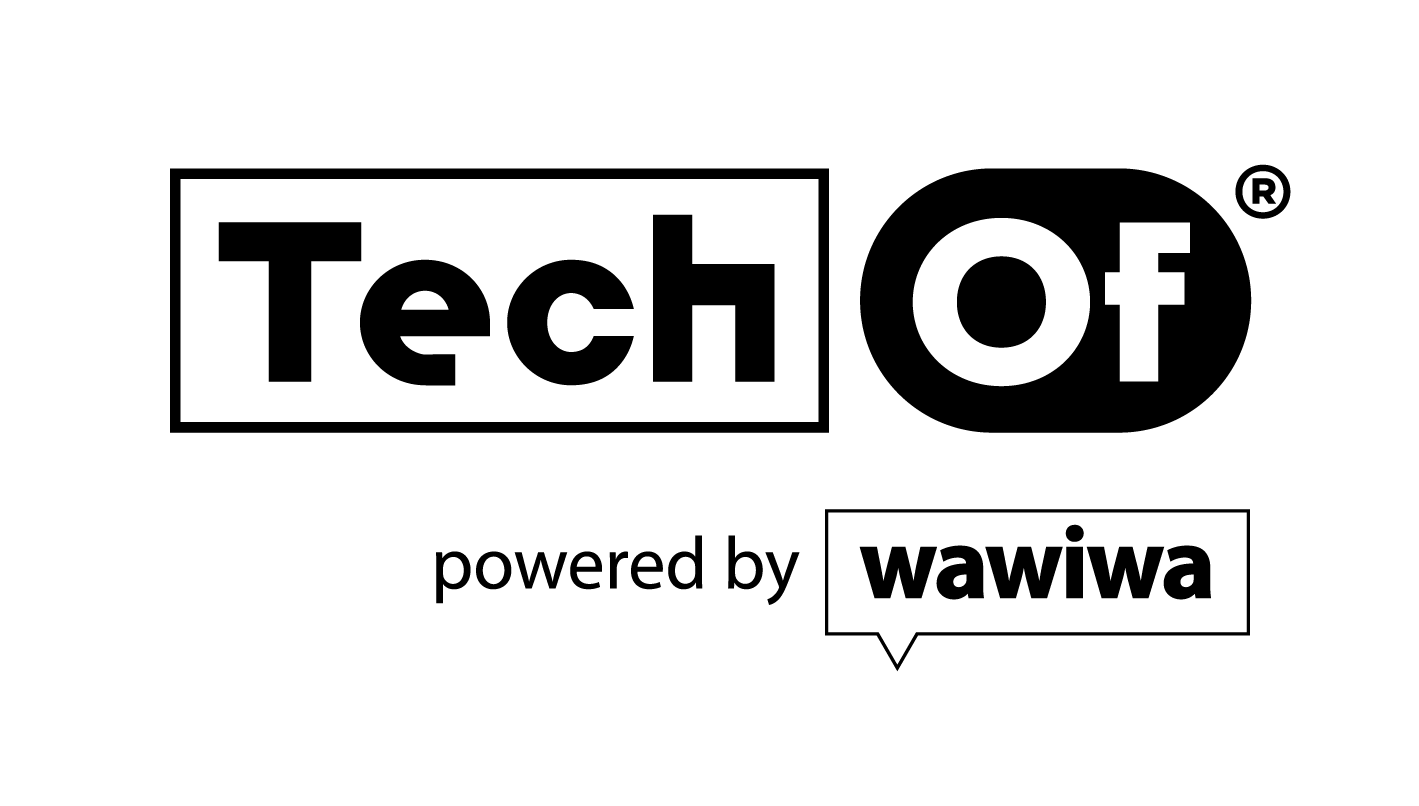Localized Learning: Why ‘Same For All’ Doesn’t Work in Tech Training

- August 13, 2020
Covid-19 has upended the economy and eliminated millions of jobs from the market. For many of these newly unemployed, reskilling towards the technology sector via online courses is their best chance to find a high-paying, stable job while they weather the storm. However, while the art of learning may be one of the oldest, most grandiose undertakings of our species, we are still light years away from perfection. While online learning does offer new possibilities by opening the doors of education to millions, most online tech classes offer a general, commoditized curriculum that appeals to the common denominator of the commercial audience but isn’t suited to the real ‘on the ground’ employment needs of local ecosystems.
Online Courses are Too Global, thus Less Effective
Microsoft, for example, recently launched a free online training initiative aimed at digitizing the careers of 25 million people around the world. Online learning companies like Coursera and Udemy offer accredited tech courses from leading universities. However, these massive, pre-recorded learning options leave much to be desired in terms of their effectiveness, a subject we recently posted about. In addition, it’s important to note that these courses are designed for huge audiences. This means that they take a cookie-cutter approach to learning that offers tech training that is the same for every individual, in every country. That can’t be right. This approach sacrifices effectiveness for commoditization, and results in graduates who are less prepared for the local employment reality that they will face upon completion of their studies.
The Issue with Cookie-Cutter Teaching
There are multiple challenges when the same learning experience is applied globally, without local adaptations:
- Language barriers. While English may be the new Lingua Franca, research shows that studying in one’s mother tongue significantly increases the effectiveness of the learning process. Students are more engaged and perform better scholastically when they learn in their mother tongue.
- Cultural differences in learning. Different cultures take different approaches to learning. Some prefer formal relations with the instructor while others call them by their first names. Some cultures use more frontal lecturing that is authority-driven and other cultures encourage critical thinking and even challenging the professor’s view. According to the Cultural Difference Theory, students approach education and learning according to the cultural settings they were raised in. By adapting to cultural norms, knowledge is transferred more effectively.
- Different regions have different needs. Global companies often choose to locate specific jobs and roles in certain countries for a range of reasons. Therefore, demand for different tech jobs can fluctuate from region to region, affecting the training program portfolio. Since work cultures also vary per country and even city, local employers might require or prefer different skill sets for their employees to be effective at their jobs – such as more emphasis on group work or on presentation skills for junior employees.
- Localized mentoring and networking. By using trainers and mentors who work in the local ecosystem and speak the local lingo, students can more easily picture themselves in their mentors’ and trainers’ shoes. Connections between faculty and students are more easily transformed into future job opportunities and high impact recommendations. Local networking between students, which is not applicable for global online courses, also produces strong connections that benefit students throughout their careers.
The Benefits of Localized Learning
According to UNESCO, localized learning is the: “process of defining the curriculum at a community level… to address issues that are locally relevant and allow for more meaningful learning experiences.” The pedagogical approach of localized learning also lends itself to IT training courses and requires adaptations to the unique culture, language, ecosystem and required skill set of the physical location of the course. Localized tech training leans on the use of local trainers who live and work in the local tech ecosystem. They instruct in the students’ native language and in line with local cultural norms. The selection of programs on offer and the curriculum of each program is fine-tuned with an eye towards the needs of the local tech ecosystem. That way, students graduate as skilled, competent techies who are ready for the local realities of the ecosystem and the workplace. Leah Mansoor is the VP of Business Development at Wawiwa Tech Training, an education provider that partners to establish local tech training centers to reskill people for tech professions using a localized learning approach. “Every locale has its idiosyncrasies in terms of technology baseline and learning methods — and localized learning accounts for this reality. Learning towards a tech job that is in high demand in a specific country, while taking into account the local work culture, results in increased employability for graduates and higher satisfaction among both students and employers. At the end of the day, most graduates work where they live. Localized learning prepares them for local jobs much better than other, allegedly ‘global’, forms of training. This is not to say that we should ignore the international nature of tech jobs, and the engagement of multicultural teams, sometimes across various countries. For effective training to work, we need to bring global standards and marry them harmoniously with the local ecosystem.” Just like the prevalence and benefits of personalization in technology, localization in tech training works better than a universal, cookie-cutter approach. Ignoring cultural differences, language barriers, and regional needs sacrifices the effectiveness of the learning. As the famous adage goes, “when in Rome, do as the Romans do.”

